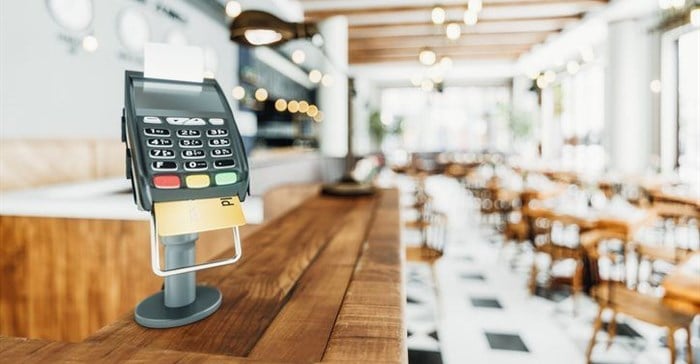According to FNB's 2021 franchise and economic outlook, South Africa is on a slow road to recovery, but certain sectors continue to struggle, and its economic outlook is contingent on government policy and global growth.

Source: Getty
Thanda Sithole, FNB Economist, says although the bank's forecast of economic growth rebound of 4.1% this year comes off a pandemic-induced low base in 2020, the production sectors of the economy should propel growth.
According to Sithole, “a solid cyclical economic growth rebound is underway following the sharp economic decline in 2020. Elevated terms of trade and global economic recovery, notably the recovery of SA’s major trading partners, is critical for SA’s growth. In addition, an extremely accommodative monetary policy stance should support aggregate demand, and financially robust high-income consumers (and delayed demand from last year’s restrictions) should support consumer spending over 2021.
"Electricity loadshedding and rising infections remained a critical risk to the broader economy and meant that the projected recovery is fragile. However, the recent cabinet announcement to lift the threshold for own electricity generation to 100MW is encouraging. Accelerated vaccination was needed to safely reach population immunity to reduce pandemic-related disruptions to economic activity."
Sithole adds, "Whether higher economic growth is sustained beyond 2021 will depend on how government progresses with economic reforms and getting the virus under control. At this stage, we expect incremental reforms and average economic growth of 1.8% in 2022–2023.”
The headline consumer inflation was forecast at 4% in 2021, 4.2% in 2022 and 4.8% in 2023. The repo rate was forecast to hold steady in 2021 and increase to 4.25% by 2023, with the first interest rate hike anticipated from the second half of 2022. Worryingly, Q1 2021 employment was down 8.5% (by 1,4 million people) compared to Q1 2020, reflecting continued slack in the labour market.
Food and beverage recovery
Though some sectors, notably mining and manufacturing, were seeing a return to pre-pandemic levels of income, the hardest-hit sectors are struggling to recover. Recovery in the food and beverages industry, in particular, is lagging, with year-to-date income from restaurants and coffee shops down 35% and catering services income down 50% in 2020. Take-away and fast-food income held steady from 2019, down just 0.8%.
Morne Cronje, FNB’s head of franchising, reviewed the experience of the franchise sector during the pandemic. “Due to its exposure to food and beverages, the franchise sector was particularly hard-hit by Covid. In 2019, the food and beverages industry posted an estimated R734bn in revenue while revenue in 2020 was R14bn less compared to the previous year. At the peak of lockdown in April 2020, 94% of the franchise industry halted trading.”
As per a 2019 Fasa survey, South Africa has over 800 franchise systems operating through 48,000 outlets and employing close to 500,000 people. The sector’s contribution to South Africa’s economy is equivalent to 14% of GDP.
Future of forecourts
Ronel Fester, FNB’s industry specialist: fuel retail, says the industry took a substantial knock with demand dropping to as low as 25% of pre-Covid levels in March 2021. It was noted that retailers with more offerings on site recovered at a quicker rate than some of their counterparts with limited offerings on site. This showed the importance of diversified offerings and income streams on site to attract consumers. Looking to the future of forecourts, diversification is key.
"The entry of electric vehicles is an opportunity for retailers, that are already well located, to further expand their offering on site with charging stations. Charging vehicles will need to accommodate longer visits by consumers, and as we see convenience is here to stay with shopping, entertainment and pick-up services to increase.
"Partnerships with retailers, restaurants, and quick-service food chains will be key to developing convenience ecosystems, while associated payments and rewards schemes will contribute immensely in driving growth and increase revenue streams,” says Fester.






































